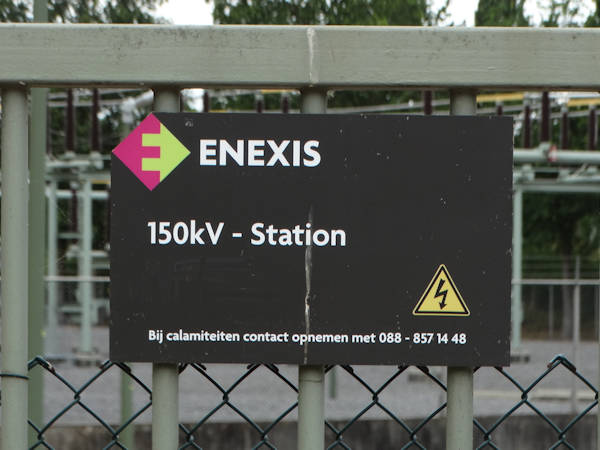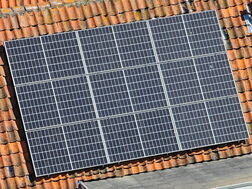Enexis, the grid operator, has announced that there will be no room for new large-scale consumers on the Brabant power grid for the next five to ten years. This announcement is in response to the growing pressure on the electricity grid, particularly in Brabant and Limburg.
This limitation hinders the economic ambitions of companies and institutions and the transition to a natural gas-free energy supply. Moreover, the power grid has reached capacity at various points in the country for years due to the energy transition and increased demand for electricity from businesses.
The Dutch electricity grid also struggles to handle the widespread switch to solar power. This is partly because the power cables in residential areas are often too thin. Solar farms, charging stations, and companies wanting to transition to electricity require a significant amount of grid capacity.
Addressing these issues will necessitate considerable infrastructure modifications. To this end, Liander has already committed to invest €3.5 billion to expand the power grid.
In tandem with this, Enexis will invest a record €1.34 billion in the energy grid in 2023. This funding will be used to expand the power grid by 2 gigawatts and improve the efficiency of the existing grid to free up an additional 1 gigawatt of connection capacity.
However, despite these investments, Enexis warns that it will not be enough to offset the short-term deficit in grid capacity, especially for larger customers.





